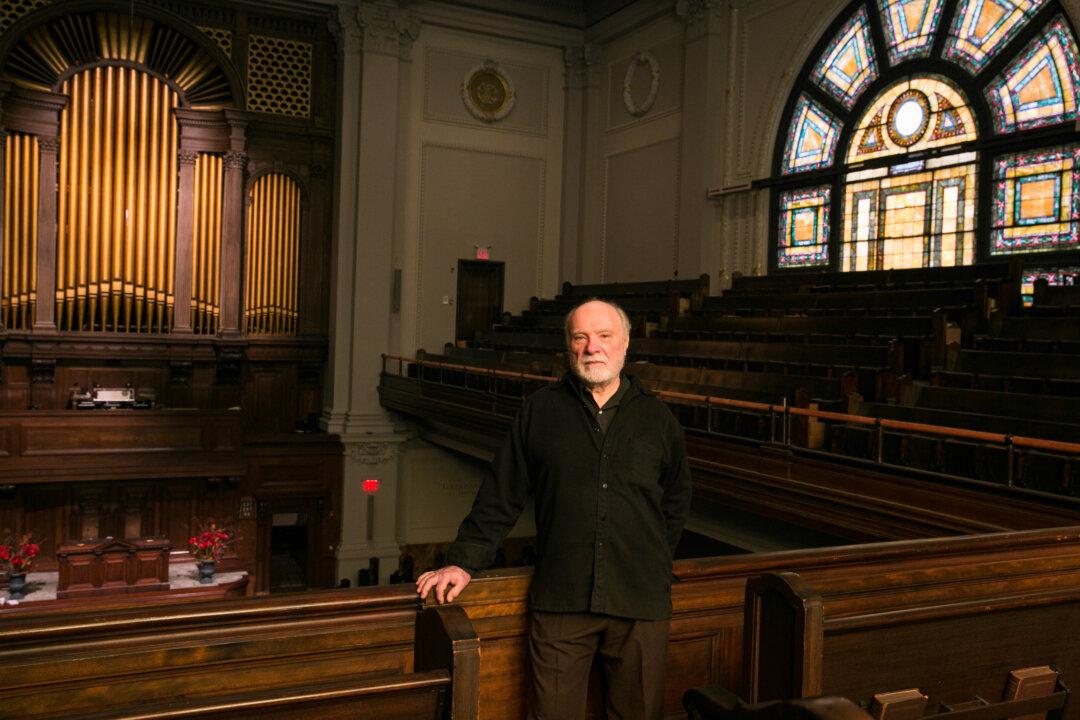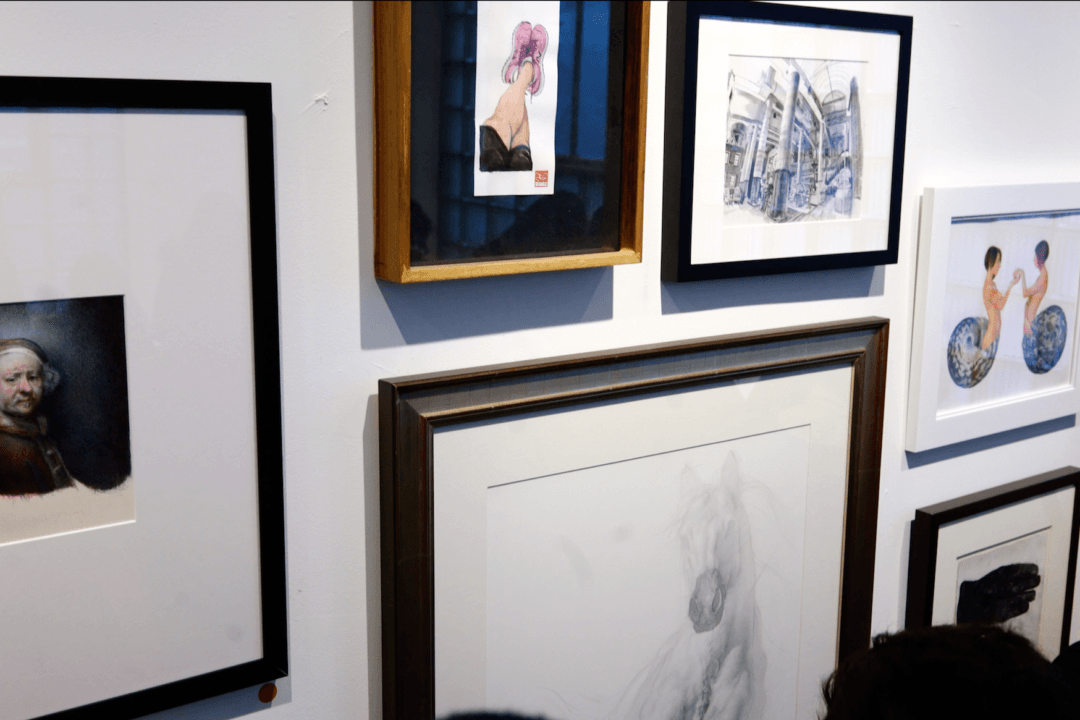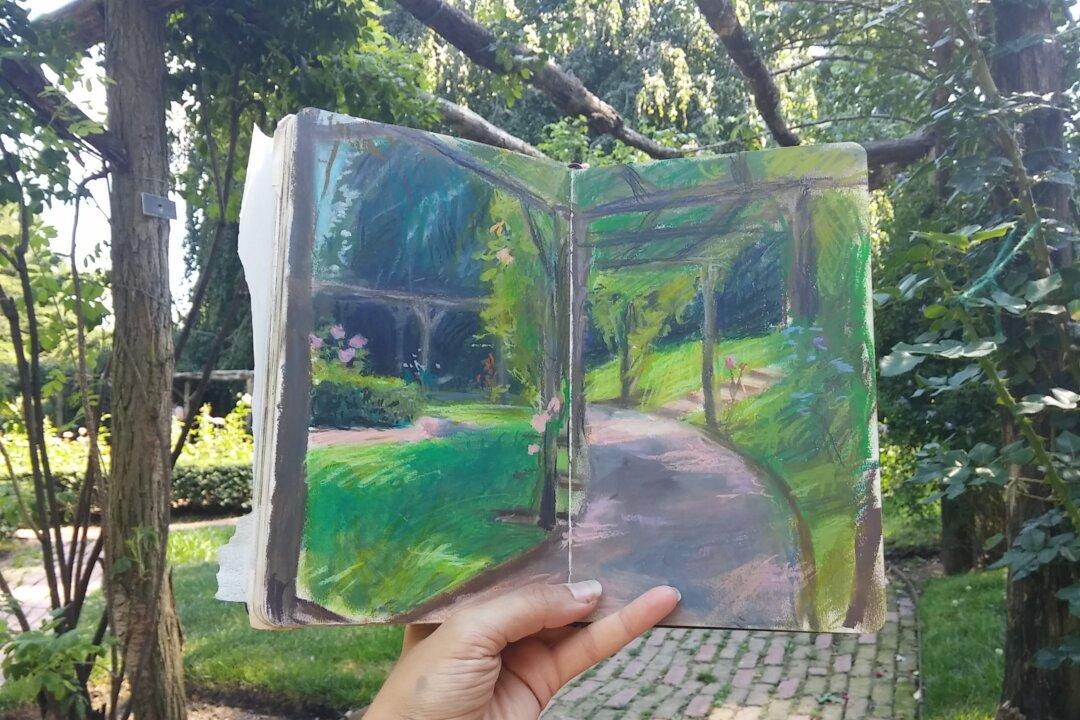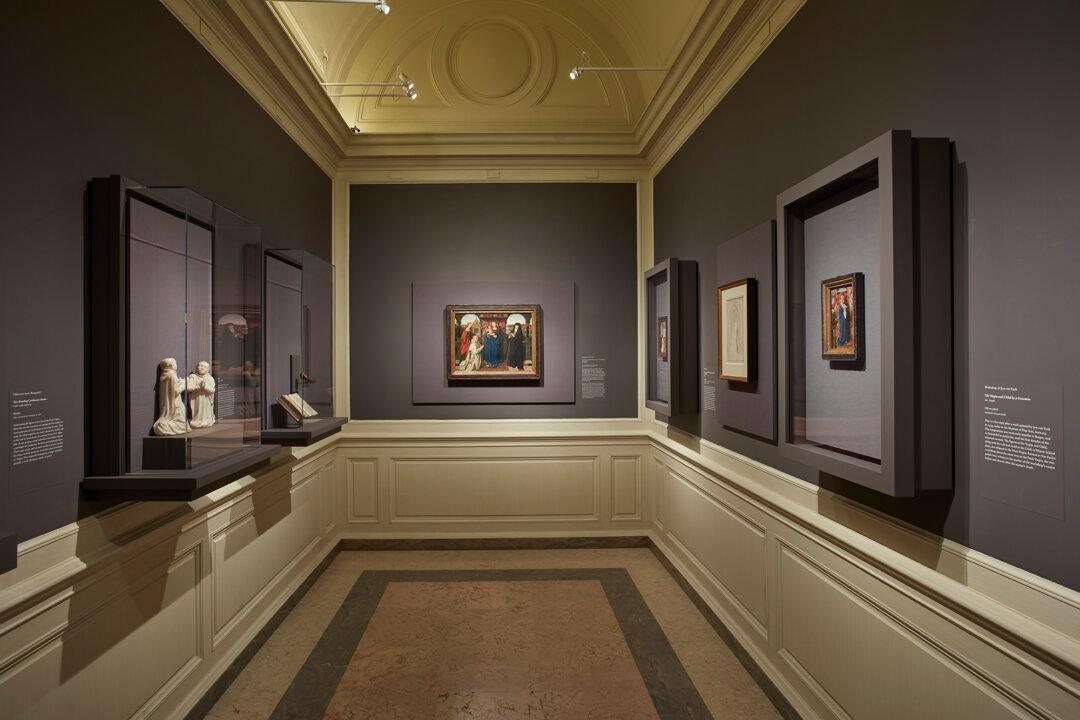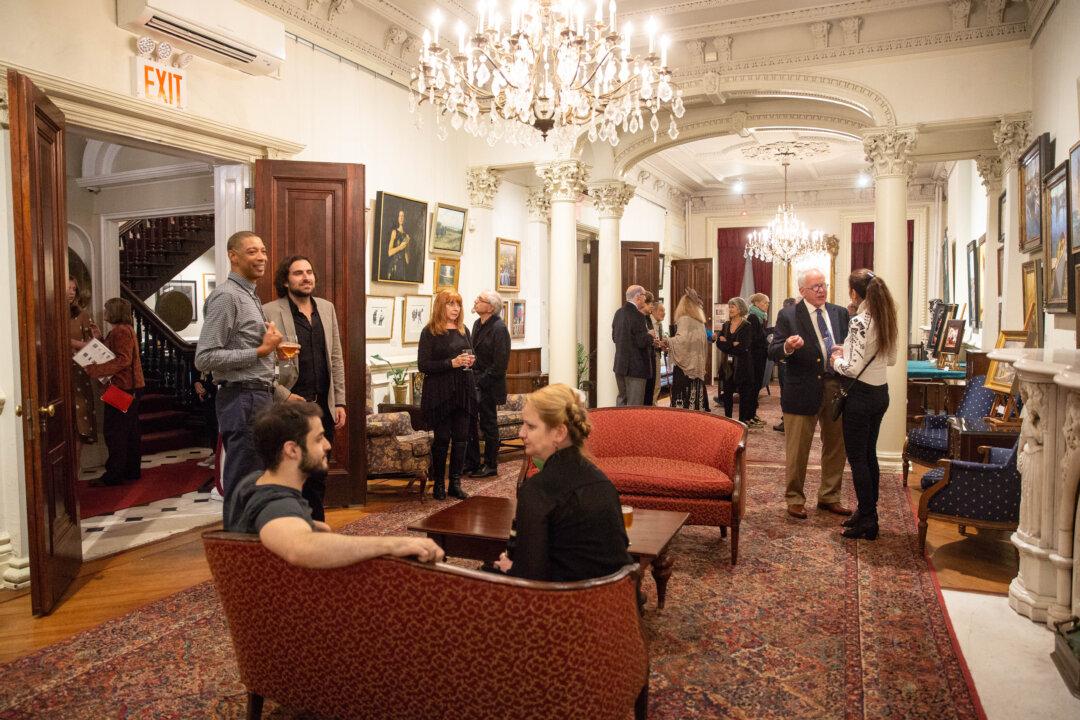NEW YORK—Early music is not just for listening to during the early morning hours. You may relish the subtleties of it at any time of the day. While it’s generally thought of as music before Bach or as unattainable music before recordings existed, the director of Early Music New York (EM/NY), Frederick Renz, defines early music more broadly. “It can include anything short of contemporary. Early music could encompass the 19th century, if one incorporates historical instruments," he said. It is also a matter of how the music is approached and interpreted in a historically informed manner.
Renz, who calls himself “a kind of grandfather of the early music movement,” is devoting an entire program to “Papa Haydn.” That was the affectionate nickname Joseph Haydn (1732–1809) acquired not only because the composer mentored the likes of Mozart and Beethoven, among others, but also because he’s considered the father of the string quartet and the symphony, and is credited for establishing the classical music style.
“I always considered Haydn as a straightforward classical composer—not particularly complex; but when I study his scores, there’s ingenious, wonderful detail that he manages as regards to orchestration and harmony. He’s worth his salt: easy listening but not at the expense of extraordinary compositional technique!” Renz said.
As the third concert of EM/NY’s 43rd season, “Haydn in Esterhazy: Genial Kapellmeister” explored a wide range of forms and contrasting moods, from a stormy symphony, a sublime nocturne, and a somber overture to the buoyant positivity of the “Roxelane” symphony.
“There is considerable variety within Haydn’s works,” Renz said. “If one attends an Early Music New York performance, it’s not apt to be your standard fare. We choose works that one doesn’t normally hear in Lincoln Center.”
